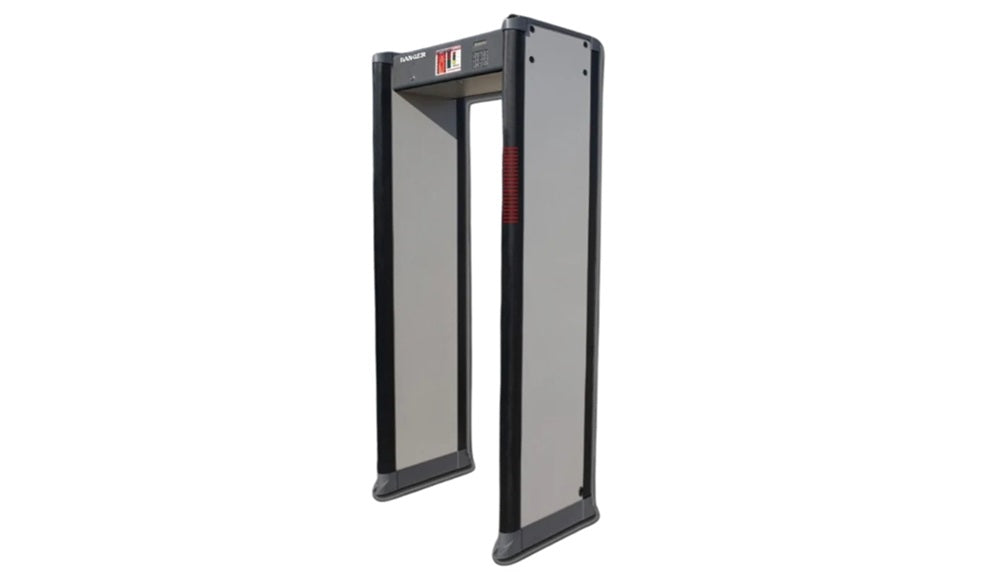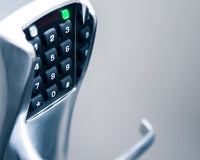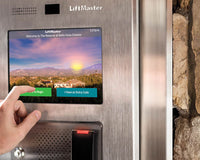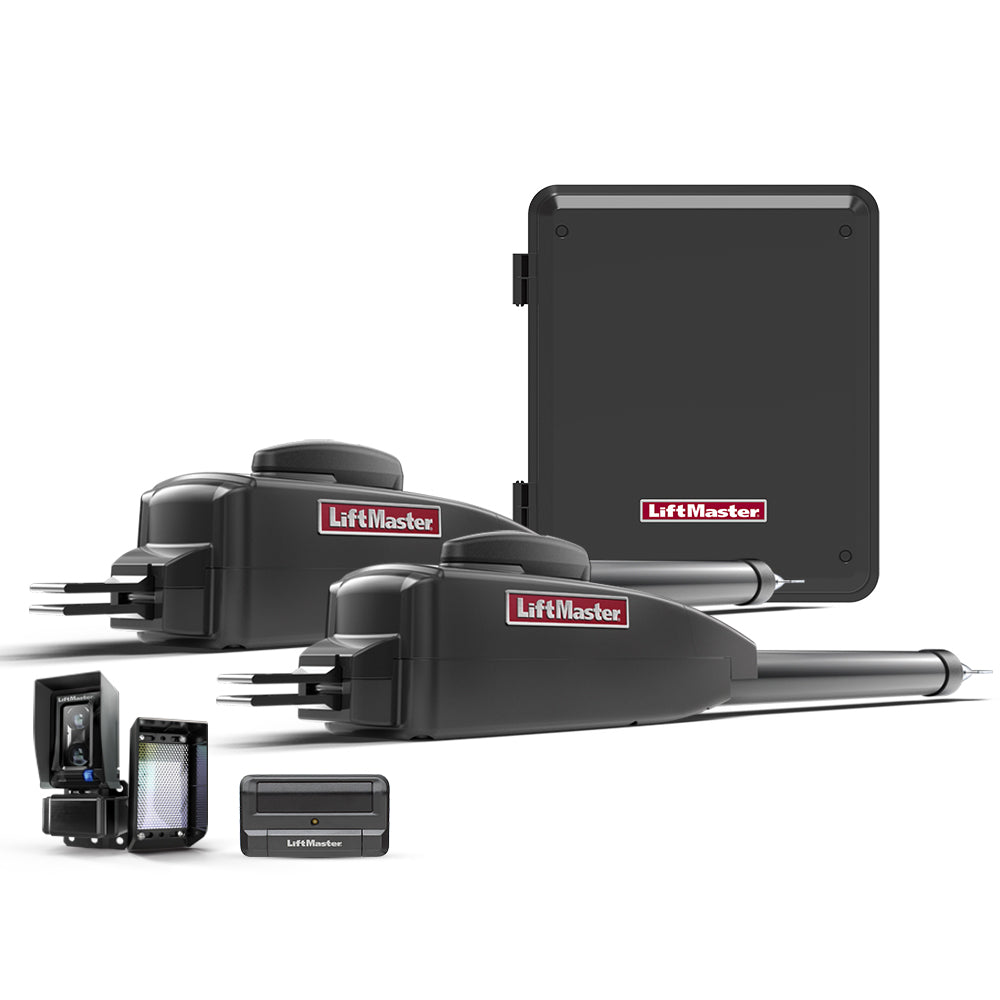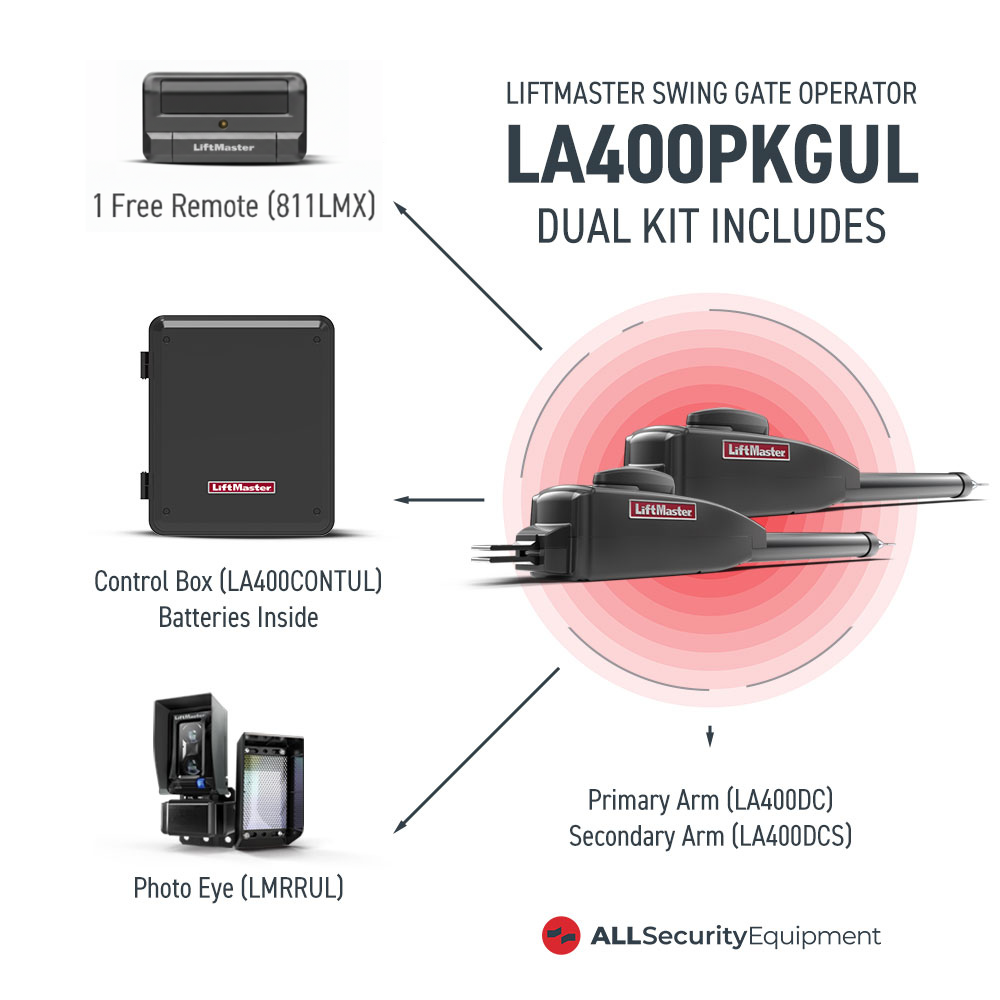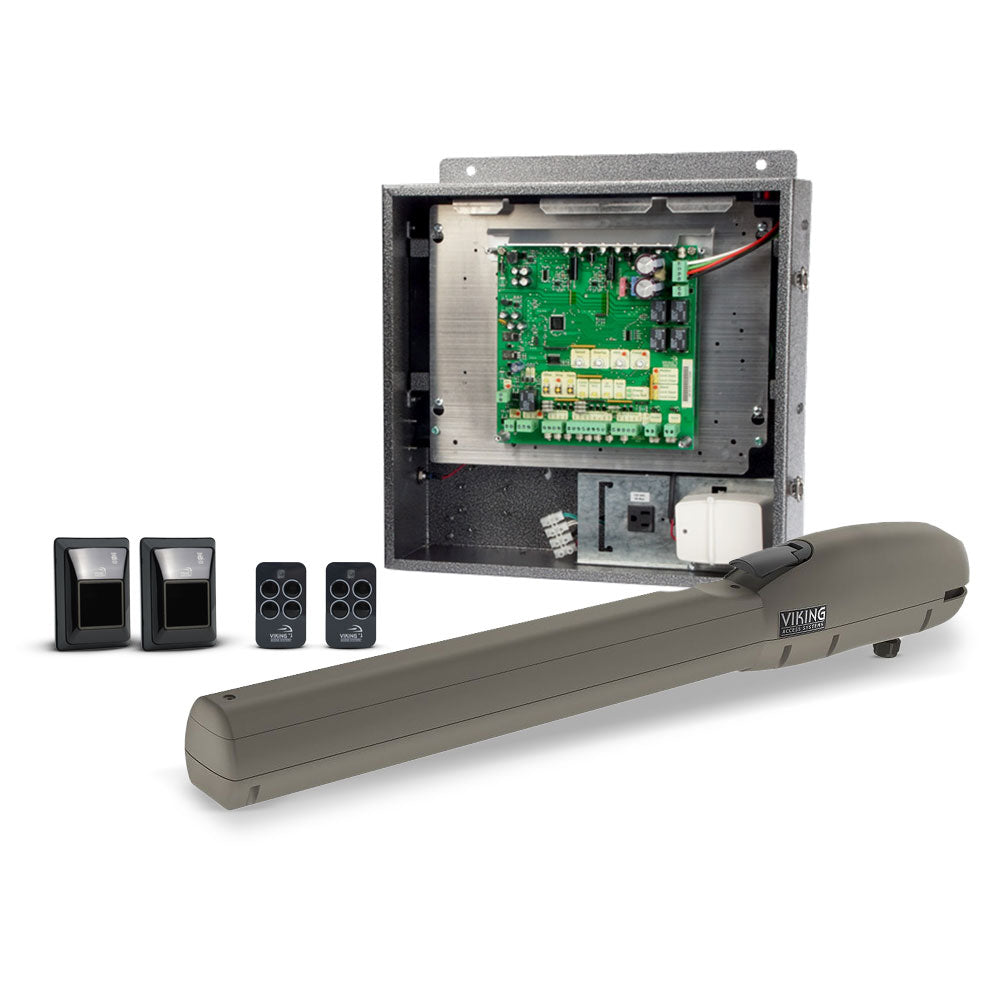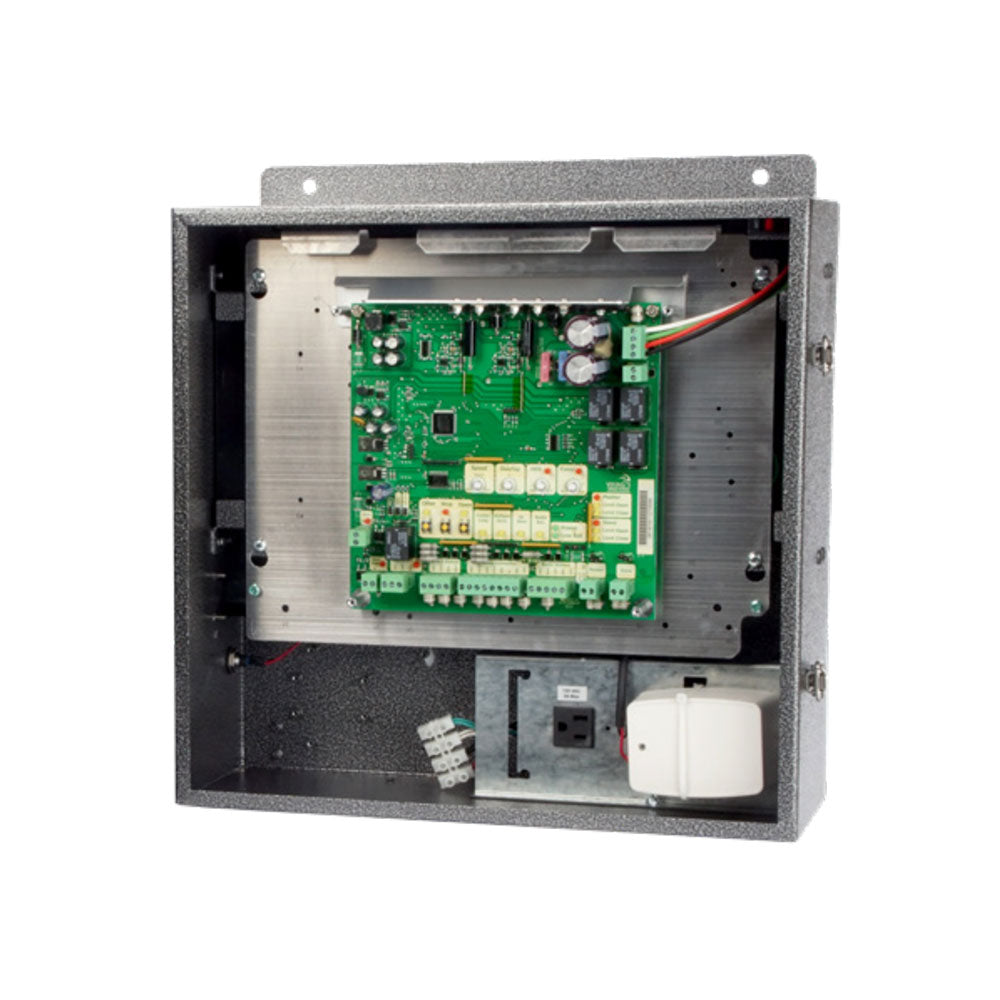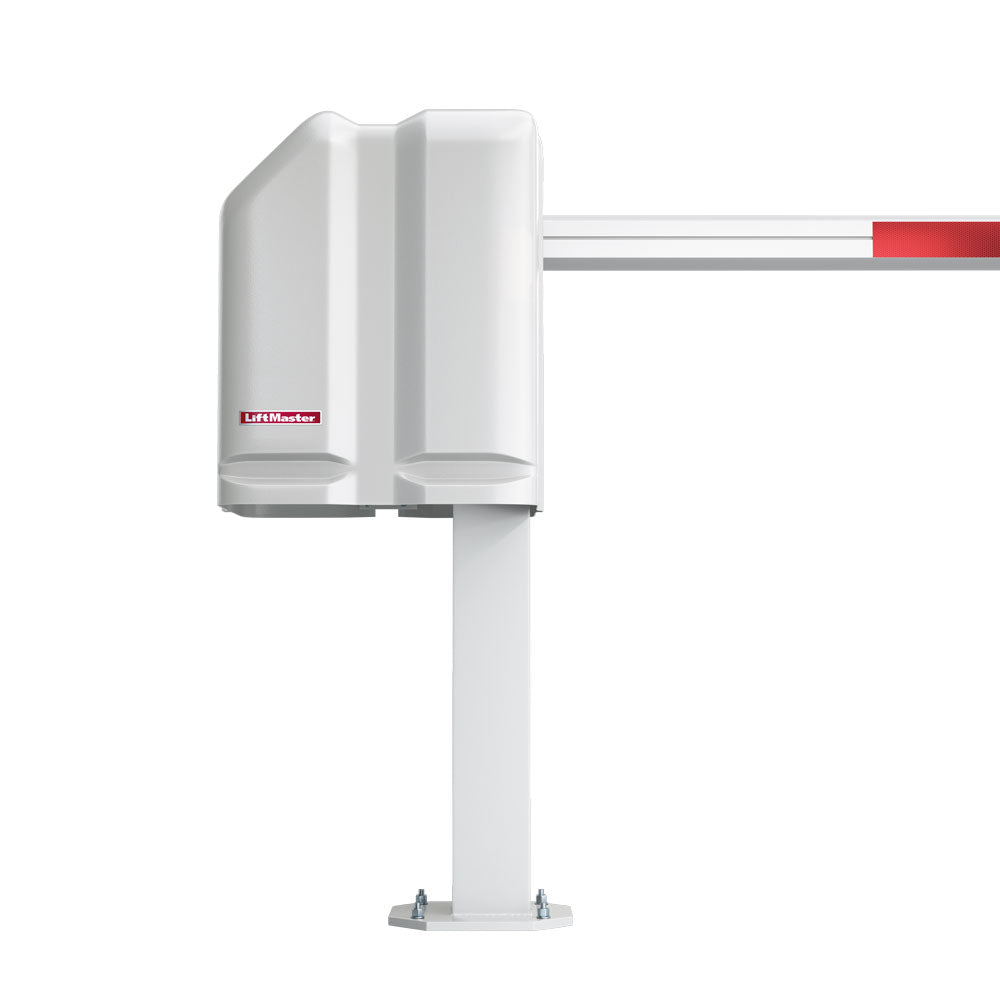School safety has been in jeopardy in recent years. With the rise of gun violence in American schools, it makes us question what we can do to protect the lives of our innocent children. Will metal detectors work? If yes, how do metal detectors work for school safety? Metal detectors need to be reliable so they can do their job properly and ensure the safety of others.
To help protect lives, All Security Equipment offers a collection of metal detectors that can be used in various spaces such as schools, campuses, and malls.
What Is a Metal Detector?
A metal detector is a tool that detects the presence of metals close by. Treasure hunters use handheld metal detectors to look for buried coins, jewelry, and other metal treasures. However, a different type of metal detector plays a more crucial and life-saving role in the community.
Metal detectors found in airports, offices, and schools can detect the presence of a metal weapon. This functionality has saved countless lives and prevented fatal attacks.
Alexander Graham Bell invented the metal detector back in 1881 to help locate a lodged bullet inside then-President James Garfield’s body. Though Bell’s metal detector wasn’t successful, it became the basis of the metal detectors that we have today.
How Do Metal Detectors Work?
Electromagnetic waves and metal detection are related. A typical metal detector design uses a balanced coil mechanism. Metal detectors have three basic parts: transmitter coil, receiver coil, and control box. Each part plays a significant role in creating and receiving an electromagnetic wave.
The transmitter coil creates a magnetic field expanding into nearby areas. If other metals are present, these metals interfere and become energized because of their electrical conductivity. As this happens, the scanned metals transmit back their electromagnetic field.
The search coil, also known as the receiver coil, receives the transmitted magnetic signals and interprets them. The signals are then processed and analyzed in the control box. This control box is crucial for metal detector functionality since it may feature advanced metal detection technology, such as digital signal processing.
Once processed by the control box, the metal detector can properly determine whether the detected object warrants an investigation. Understanding how metal detectors work and their operation makes it easier for security teams to use this tool to maximize campus security.
Types of Metal Detectors
Metal detector components are just the tip of the iceberg. Just because you know how metal detectors operate doesn’t mean you are necessarily ready to select an appropriate metal detector for your particular use.
Two commonly used metal detectors in educational institutions are walk-through metal detectors and metal detector wands, also known as handheld metal detectors.
Here are the key differences in metal detector types you should know about.
Walk Through Metal Detectors
Walk-through metal detectors are widely used in high-security areas with heavy traffic. They can be found in airports, commercial settings, government buildings, and even sports arenas. But how do walk-through metal detectors work in schools?
A person carrying a metal object who passes through the metal detector will create a disturbance in the field by creating a secondary magnetic field. Once the receiver coil detects this and the control box analyzes the signals, the detector alerts staff or security personnel that a potential weapon might be hiding somewhere.
Metal detector sensors and technology further enhance its capability to recognize hidden metal objects. An example of this advanced feature is the multi-zone detection capability. It allows the detector to divide the whole area into multiple zones so that it can easily identify where the detected metal object is kept.
It impacts the use of metal detectors on campus safety since it improves accuracy. Moreover, it makes the security screening process more convenient and quicker so that there won’t be long queues of students and staff waiting to be screened.
Advantages
- Efficient
- Comprehensive coverage
- Automated alerts
- User-friendly
Disadvantages
- More expensive
- Bigger space required
- May trigger false alarms
- No detection of non-metallic weapons
Metal Detector Wands
Handheld metal detectors are also frequently used for school safety. They contain all the basic metal detector parts and use the same metal detector mechanism as the walk-through device.
Unlike the walk-through metal detector, where students and personnel go through the scanning device, they can just stand and wait for a member of the security team to run the detector wands close to their bodies.
The transmitter coil is placed at the center of the handheld device. Once it is brought close to a hidden metal object, it creates its magnetic field, which interacts with the transmitter’s magnetic field.
This magnetic field is passed to the receiver coil as the handheld detector is slowly moved along the target area. The control box processes what the receiver coil picks up for appropriate action from the security team.
Advantages
- Portability
- Cost Effective
- Focused searches
- Flexibility
Disadvantages
- Time-consuming
- More manpower needed
- Limited coverage for scanning at a time
- May be tiring to use
Keep Students and Staff Safe
The use of metal detectors to prevent weapons from being smuggled inside schools should be normalized in every institution. School metal detector policies in the US may apply, so always check the rules before choosing the type of metal detector.
Metal detectors are excellent preventive measures since they detect metallic weapons and other dangerous items. Creating a safer school environment should start with these screening procedures before individuals can enter the premises, especially during events where heightened security may be necessary.
When choosing the right metal detector, always consider the privacy and comfort of the students, school staff, and visitors. Security personnel should be trained to use the metal detectors and create a positive experience for those they check.
If you need further assistance with metal detectors for American schools, don’t hesitate to contact All Security Equipment's team of security experts.

